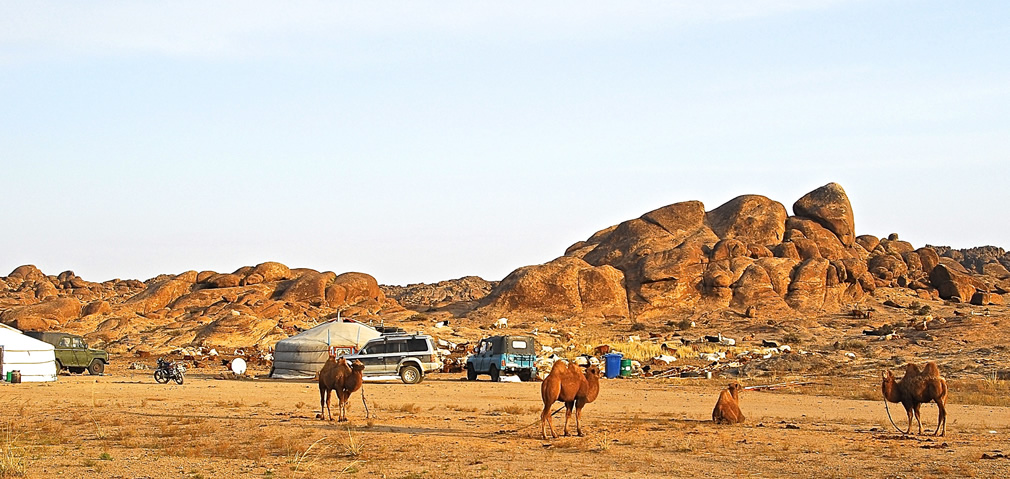Economic impacts on herders
The adjustment pressures on herders resulting from the macroeconomic effects of the development of mining in Mongolia will increase dramatically over time. The effects of an appreciating exchange rate and increases in real wages will have substantial negative effects on the viability of traditional sectors such as herding. This effect, known variously as the ‘Gregory effect’ or ‘Dutch disease’ is experienced in every economy following rapid growth in an export sector arising from either the discovery and development of new mineral wealth or a large increase in commodity prices for those minerals. This effect is seen in both developing and developed countries but tends to be more obvious in small developing countries where a single sector contributes a large share of export income.
Growth of an economy results in economic transformation that inevitably leads to structural adjustment pressure. Such pressures can be alleviated by appropriate economic macroeconomic policy but industry specific measures may also be useful in facilitating adjustment. In many developing countries government and institutional capacity is often inadequate to meet the needs of traditional sectors such as agriculture in the early stages of rapid change brought about by the growth in the minerals sector.
